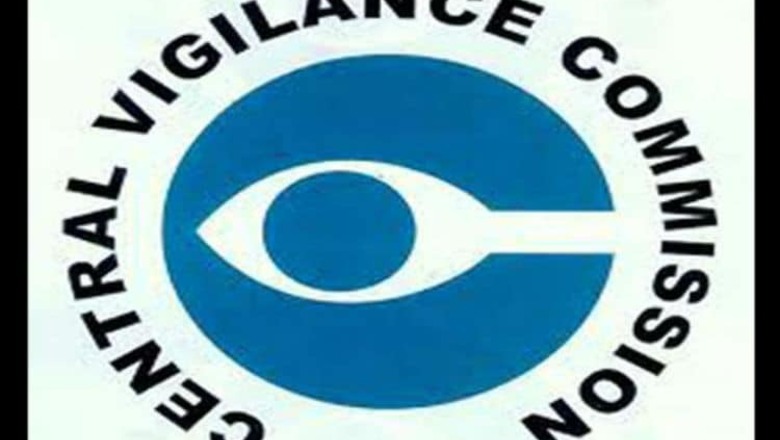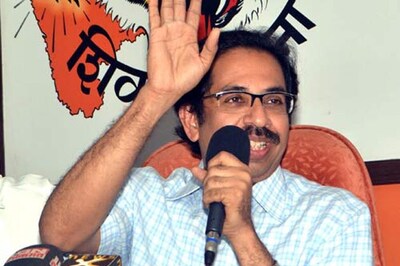
views
New Delhi: An exceedingly protracted eight years is how long it takes on an average to finalise a major corruption case against any government employee, says a recent study by the Central Vigilance Commission (CVC) on prolonged disciplinary cases.
The anti-corruption watchdog tenders advice, First Stage Advice (FSA) on the investigation report and Second Stage Advice (SSA) before a final decision is taken at the conclusion of the proceedings, on approximately 5,000 vigilance cases every year.
"On an average, it takes more than eight years for finalising a major vigilance case from the date of occurrence of irregularity, whereas detection of irregularity takes on an average more than two years," the study said.
There is a delay on an average of about two years in conducting and finalising the preliminary investigation for the FSA, it said.
Further, it is a matter of concern that implementation of FSA, appointment of Inquiry Officer, finalising of its report and sending the departmental comments for SSA altogether takes more than 2.6 years, the study said.
There is an average delay of about five months in implementation or non-implementation (that is, final decision by the department) of the Commission's advice, which further takes more than five months on an average in intimating the same to the Commission, it said.
"Findings also reveal that the average delay on part of Inquiry Officers is significant and to the tune of about 1.3 years and, if this delay is clubbed with investigation at first stage, it goes up to 3.4 years. That clearly requires suitable interventions at the level of investigation both at first and second stage," the study has pointed out.
The three-member committee which conducted the study said there are no reports which give the information sector-wise or
as pertaining to Chief Vigilance Officers, who act as the distant arm of the CVC, for determining the delay at each stage of a case in totality.
"Therefore, there is a need to create additional report formats to study delays in cases," it said. The committee also called for the timely disposal of disciplinary cases.
"Disciplinary matters, perhaps, are among the most litigated branches in India. It is very important to emphasise the disposal of disciplinary cases in a timely manner so that neither an innocent official is penalised nor a guilty official allowed to go scot-free. Due to pendency and continuous delay in disciplinary action, cases remain undecided. This requires urgent attention," the report said.
It is felt that one of the factors responsible for the delay may be deployment of limited dedicated manpower, it said. By and large, the findings provide quantitative assessment with relative magnitude of the delay in vigilance proceedings at various stages and are expected to serve as a valuable input for aligning the existing intervention strategies by focusing more on areas requiring attention.
Since the areas of concern have been identified, interventions can be more precise, the study added.




















Comments
0 comment